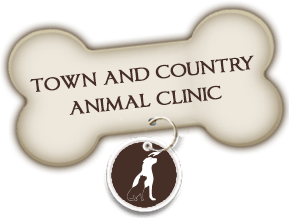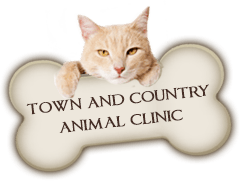Most of us cannot resist the temptations of that free adorable kitten from the neighbour. Owning a cat means committing to the financial, medical and daily care for that animal for the next 15 to 20 years. Cats can be more independent than dogs, but that does not mean that they do not require daily feedings, access to fresh water and litter box changes. Cats can handle living is small quarters which makes them ideal for apartment dwellers. Although most kittens are “free to a good home” that does not mean the financial responsibility changes. The first year of owning a kitten will cost you almost $2,000.00 to meet all of their medical and daily needs. The average cat costs $1,600.00 annually after the first year. This is part of the determining factors to decide if you are ready for the life-long commitment when your neighbour hands you that adorable fluffy kitten.
Cats are more self-sufficient than dogs, but they still require daily maintenance. Daily feedings and fresh water along with daily cleaning of the litter box are just the beginning. Cats appreciate routine, so if you cannot keep a constant schedule it may not be the best time to acquire a cat. Cats may groom themselves, but they still require brushing and regular grooming (it may be more frequent for a long haired breed of cat) to prevent them from developing mats and hairballs. Cats also require daily exercise. Cat require an appropriate place for them to scratch, such as a scratching post and regular nail trims to keep them from using their claws on your furniture. Indoor cats can use toys or activities as a way to release their energy. If you allow your cat to go outside we recommend you supervise them while they are outside. A cat that has its daily requirements met, is less likely to develop medical or behavioral issue throughout their life.
Once you have determined that you are prepared to take on the responsibility of owning a cat, here are some things to help you determine which breed would be right for you:
- How active do you want your cat to be?
- How playful do you want your cat to be with you?
- How much overall need for human attention you cat displays?
- How vocal can your cat be in its environment?
- How easily can you handle your cat?
- How intelligent you would like your cat to be?
- How independent you would like your cat to be?
- How much time you would like to spend grooming your cat?
- How compatible is your cat with other animals?
To help you determine which breed of cat is right for you, check out Animal Planet’s Cat Breed Selector:
http://animal.discovery.com/breedselector/catselector.do
When considering adopting a purebred or a mixed breed cat, a mixed breed cat may be acquired at a lesser cost. If you are considering taking on a mixed breed, a good place to acquire one is from the local animal shelter where the kitten is examined by a veterinarian, vaccinated, microchipped and neutered. You can adopt a kitten or a mature cat whose personalities and behaviour suit the qualities you are looking for in a pet. There are a variety of cats who are looking for a forever home at the Essex County Humane Society.
If you are looking for a cat with a certain characteristic, then acquiring a purebred cat is what your looking for. When choosing a breeder you should establish a relationship with them before purchasing your kitten. You should see their facilities and ensure they are housing the cats in a clean, spacious area. Breeders offer kittens at show quality (able to show them and usually cost more) or pet quality (meaning you do not plan on showing the cat). For the average person a pet quality kitten will suit their needs. For a list of cat breeders check out this website:
http://www.cca-afc.com/classified/index.php
Once you have decided where you are going to acquire your new kitten, here are a few tips for choosing the best pet for you. A happy, healthy kitten should stand straight and have a bounce in its step. If the cat is limping, seems lethargic or listless or has any nasal or ocular discharge it may have some medical deficiencies that may affect him/her for the rest of its life. A kitten should also have soft, shiny fur without any clumps. If you notice any scabs or flakes there may be some medical issues present. If you notice pepper on the kittens fur that is a sign that they have fleas and would need to be treated before introducing them into your home. Also check under the kittens tail to ensure it is clean and that the kitten has not had diarrhea.
Cats provide unconditional love and companionship to their owners. By giving them proper diet and preventative care they need, you will ensure a long, happy and healthy life to share with them.






